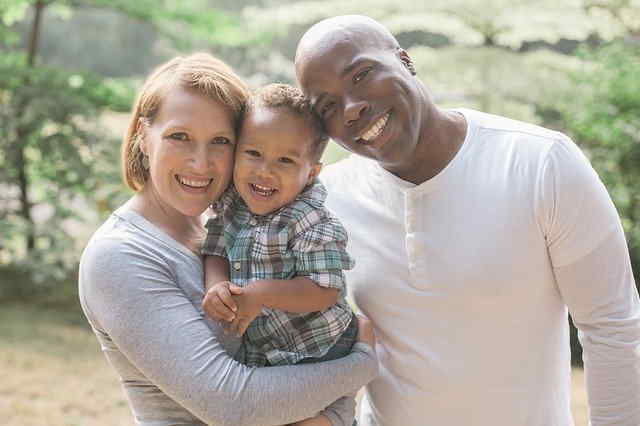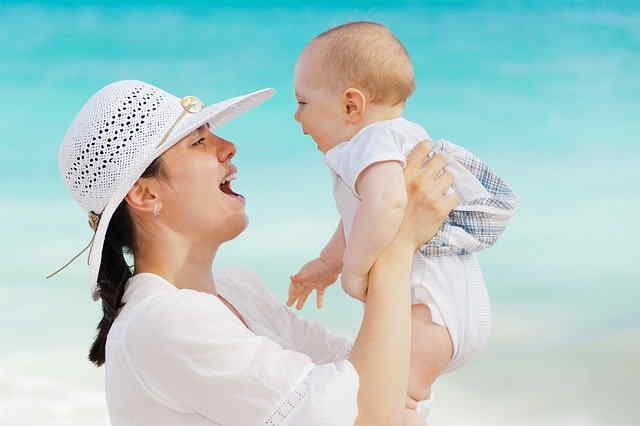Hard fought gains in immunization coverage at risk without critical health services, warns WHO
Shutting down immunization services in the COVID-19 pandemic risks triggering a resurgence of diseases that can be prevented with safe and effective vaccines, warns WHO in the lead-up to World Immunization Week (24-30 April). When immunization services are disrupted, even for brief periods during emergencies, the risk of vaccine-preventable disease outbreaks, such as measles and […]


